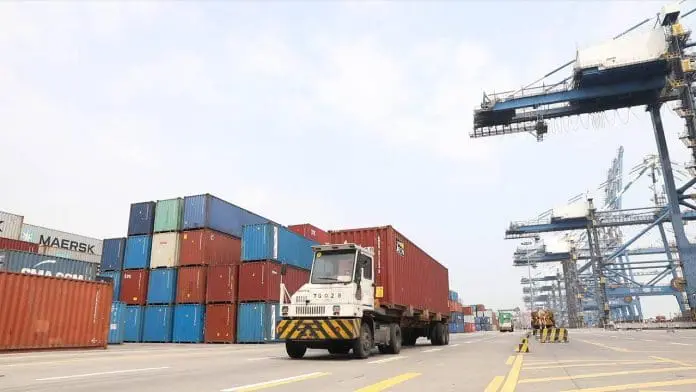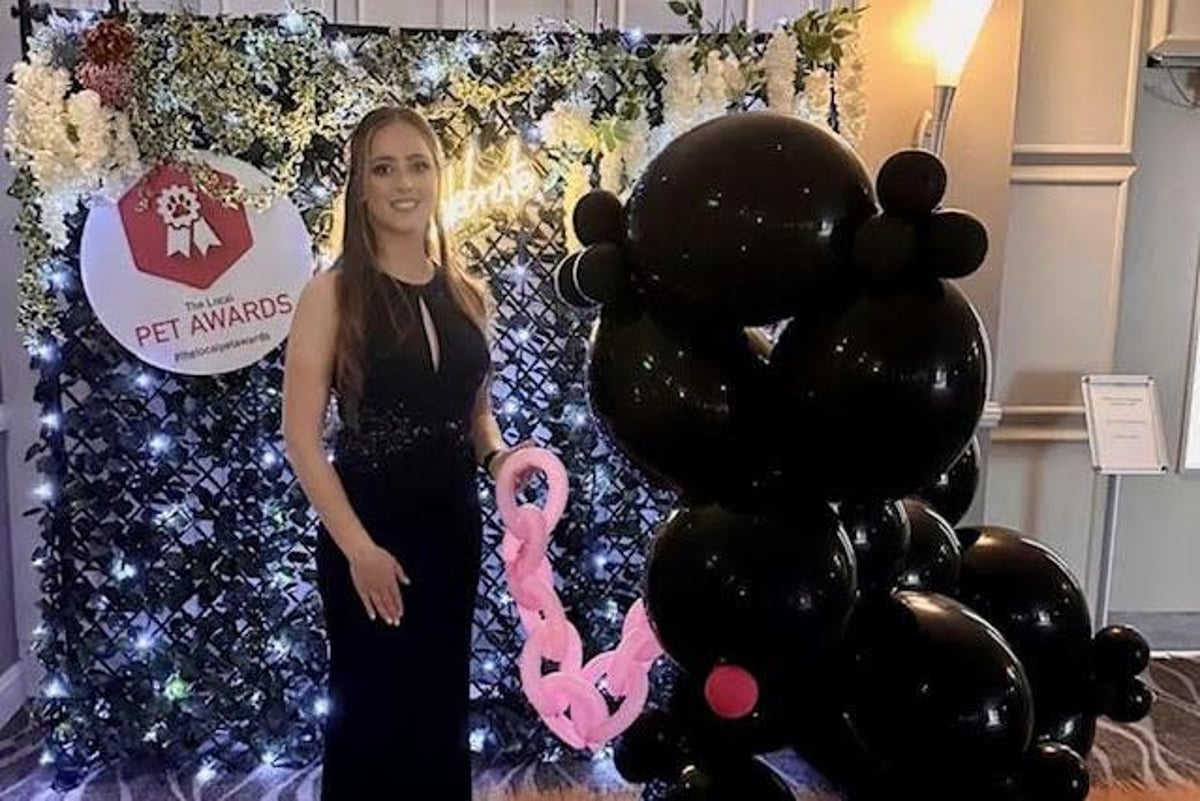By Ghana News
Copyright ghanamma

Ghana’s senior diplomat in the Netherlands has launched a strategic push for value-added exports to address the country’s persistent trade imbalance with Europe’s fourth-largest economy, as the Netherlands maintains its position as Ghana’s second-largest import partner after China.
Deputy Head of Mission and Head of Chancery William Charles Manful outlined the economic imperative during the 2025 Netherlands-Ghana Business and Tourism Expo at The Hague University of Applied Sciences, running from September 18-20 under the theme “Partnership for Growth: Trade, Innovation and Sustainability.”
“The trade situation between the two countries seems to be favoring the Netherlands. We have to try and correct that,” Manful declared, emphasizing that Ghana must transition from raw material exports to finished products to capture greater value from bilateral commerce worth approximately €2.8 billion annually.
The call reflects Ghana’s broader industrialization challenges as the country continues exporting primarily unprocessed commodities despite government commitments to move up global value chains. Current exports to the Netherlands include gold, cocoa beans, timber, and agricultural products, while imports consist mainly of refined petroleum products, machinery, and manufactured goods.
Ambassador Francis Danti Kotia has identified lengthy visa processing delays and frequent denials as primary barriers constraining bilateral trade development, with recent data showing only four out of ten Ghanaian business applicants receiving Dutch visas to attend the current expo.
Manful expressed frustration with visa restrictions affecting genuine entrepreneurs, noting that European Union Schengen requirements create administrative barriers for legitimate business development. “We have genuine business people who are interested in coming to the Netherlands to do genuine business work, and yet they are denied,” he emphasized.
The diplomatic mission has adopted economic diplomacy as a core strategy, with foreign service officers now required to meet key performance indicators tied to securing investments and trade opportunities for Ghana. This approach represents departure from traditional diplomatic functions toward measurable economic outcomes.
The 2025 expo opened Thursday at The Hague University of Applied Sciences and focuses on strategic sectors including agriculture, healthcare, energy, digitization, and real estate, providing platforms for networking between Ghanaian entrepreneurs, Dutch investors, and diaspora communities.
Manful disclosed active efforts to connect Ghanaian businesses with Dutch capital, citing instances where entrepreneurs pledged investments as modest as €5,000 for agricultural projects. “There is no such thing as too small an investment,” he remarked, indicating Ghana’s openness to diverse investment scales.
The Netherlands represents a strategic partner for Ghana’s economic transformation, given its position as Europe’s gateway economy with advanced logistics infrastructure and strong connections to global markets. Dutch expertise in agriculture, water management, and sustainable technology aligns with Ghana’s development priorities.
Cultural diplomacy forms another pillar of the mission’s strategy, with plans underway for a Ghana Film Festival in the Netherlands aimed at reshaping perceptions of Ghana and Africa. “We are using culture to change the narrative so that people will take a more strategic interest in Ghana,” Manful explained.
The value-addition push comes as Ghana grapples with foreign exchange challenges and seeks to diversify its export base beyond traditional commodities. Recent government initiatives include the One District, One Factory program and efforts to establish industrial parks supporting manufacturing and processing activities.
However, structural challenges persist in Ghana’s industrial development, including inadequate infrastructure, limited access to technology, and constraints in accessing international markets. The Netherlands partnership offers opportunities to address some limitations through technology transfer and market access facilitation.
The diplomatic mission’s focus on small-scale investments reflects recognition that economic transformation requires cumulative effects from diverse sources rather than dependence on large-scale foreign direct investment alone. This approach could accelerate industrial development while building broader business relationships.
Ghana’s emphasis on value-added exports aligns with African Continental Free Trade Area objectives promoting intra-African trade and industrial development. Success in the Netherlands market could provide templates for expanding similar strategies across European Union countries.
As the expo continues through Saturday, the emphasis on genuine business partnerships rather than traditional aid relationships signals evolving approaches to Ghana-Netherlands cooperation focused on mutual economic benefit and sustainable development outcomes.



